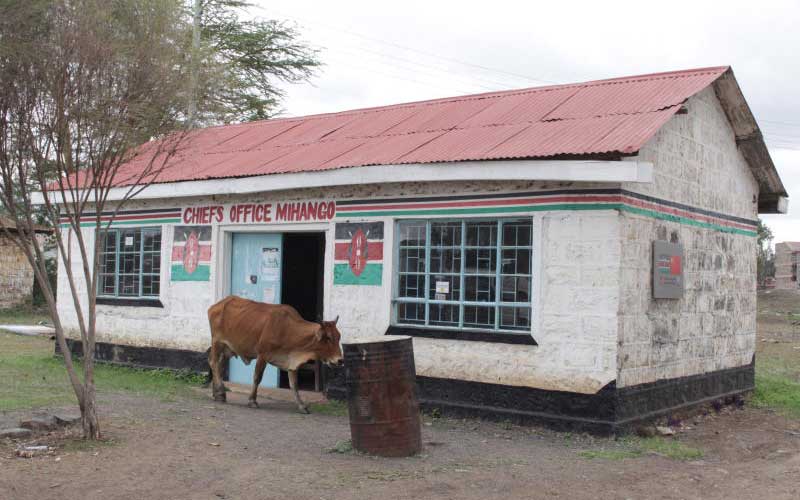×
The Standard e-Paper
Stay Informed, Even Offline

More than 23,000 Administration Police Service officers have been moved to the Kenya Police Service in mass changes that will see all chiefs’ camps in Kenya turned into modern police posts.
The 23,900 officers will now be under sub-county commanders popularly known as Officers Commanding Police Division (OCPD).